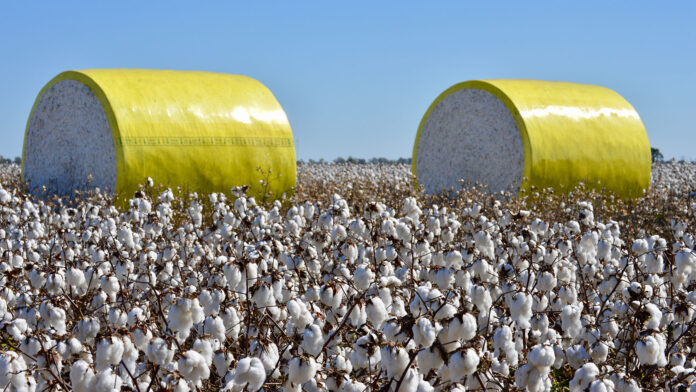ISLAMABAD: Despite the historic early start of Pakistan’s new cotton ginning season in the second week of May—an unprecedented development—the cotton industry faces the prospect of one of its worst economic crises yet. Industry insiders warn that the tax-free import of raw cotton and yarn is threatening the viability of domestic ginning and textile operations, potentially reducing production capacity to less than 50% during the upcoming 2025–26 crop year.
According to stakeholders, if the situation continues unchecked, Pakistan may once again be forced to import raw cotton worth billions of dollars, compounding its import bill which already includes substantial expenditures on edible oil.
Currently, only three ginning factories are operational in Punjab’s Khanewal and Burewala, with one or two more expected to begin operations in Sindh’s Tando Adam by May 25. Early transactions for the new cotton crop have been reported at Rs17,000 to Rs17,500 per maund, while fresh phutti (seed cotton) is being traded between Rs8,300 and Rs8,500 per 40kg.
For the first time in nearly five decades, the federal government has approved the import of cotton seeds. However, according to industry sources, previous trial cultivations using imported seeds from China, Australia, the US, and Brazil failed across various regions. These failures have been attributed to the government’s failure to enforce crop zoning laws, resulting in environmental factors that stifle cotton crop success.
Chairman of the Cotton Ginners Forum, Ihsanul Haq, pointed out that the industry’s biggest challenge is not cotton production but consumption. Despite the country producing just 5.5 million bales during the 2024–25 season—its second-lowest harvest on record—around 200,000 to 250,000 bales remain unsold with ginning factories. Furthermore, ginners are reportedly awaiting millions of rupees in delayed payments from textile mills that had purchased cotton on deferred terms.
Industry observers warn that without swift policy intervention to regulate imports, enforce zoning laws, and ensure payment discipline in the supply chain, the sector risks deepening financial distress, with long-term implications for agricultural livelihoods and the broader textile economy.




